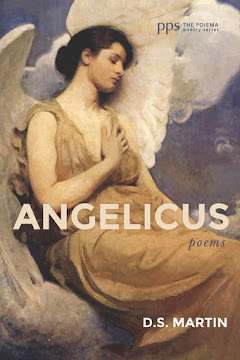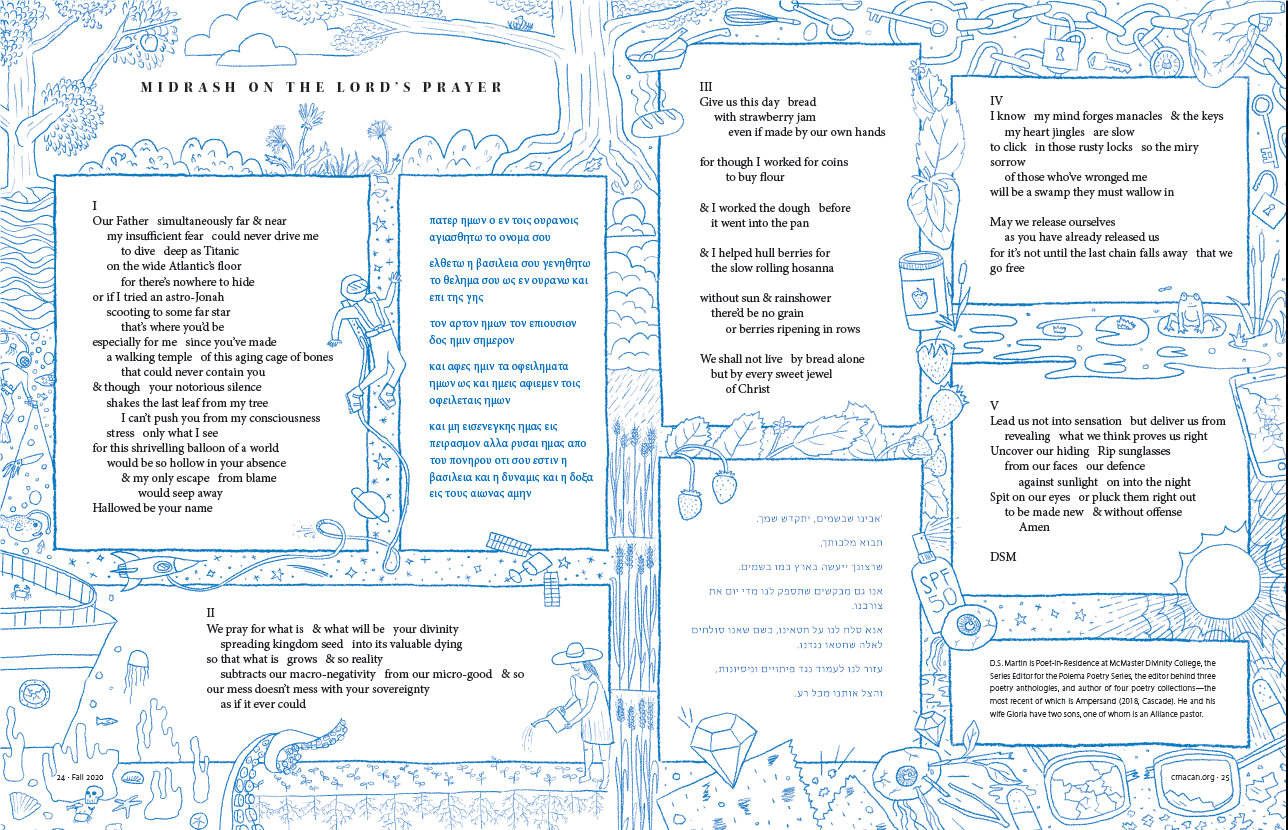 Julia Spicher Kasdorf is an American poet who grew up in two contrasting worlds. She was born to Mennonite parents, but before she reached an age of remembering, they moved from the valley their families had farmed for generations. Every summer she left the modern world behind to return to her grandparents’ farm. When Kasdorf writes about either of these worlds, there is often a sense that she is on the outside looking in.
Julia Spicher Kasdorf is an American poet who grew up in two contrasting worlds. She was born to Mennonite parents, but before she reached an age of remembering, they moved from the valley their families had farmed for generations. Every summer she left the modern world behind to return to her grandparents’ farm. When Kasdorf writes about either of these worlds, there is often a sense that she is on the outside looking in. Her first poetry collection Sleeping Preacher (1992) won the Agnes Lynch Starrett Poetry prize and the Great Lakes Colleges Award for New Writing. She teaches at Pennsylvania State University. I had the privilege of providing an introduction for her lecture “Personal, Political and Prophetic Voices in Poetry of Faith” this April at the Festival of Faith & Writing in Grand Rapids, Michigan.
The following is the fourth and final section in a longer poem, “Rachel On The Threshing Floor” from her newest poetry collection Poetry In America (2011).
Floating on the Lobsang
How can I fill the blank space
beneath weather and work
in her handwritten book? Only
a few in each generation can learn
by heart to lead the Lobsang,
though it’s sung at every service
but funerals. Against all tradition,
I play a recording of that hymn
of praise, as if its long tones
could shoulder me home, float
me to her, my hair spreading out
on its flat tune, toes barely dragging.
No one can carry that heavy chant
alone; there is no place to pause
between the notes to take a breath.
Unless a grain of wheat fall
to the ground and die, it is only
a single seed. Mary says Rachel’s face
was like Loamie’s, her spirit
like young Rachel’s. Dad showed me
where she lies in a field that once bloomed
blue flax, between her drowned toddler
and a daughter’s leg. There I place
a bouquet of quiet on her name.
Posted with permission of the poet.
This is the first Kingdom Poets post about Julia Spicher Kasdorf: second post.
Entry written by D.S. Martin. He is the award-winning author of the poetry collections Poiema (Wipf & Stock) and So The Moon Would Not Be Swallowed (Rubicon Press). They are both available at: www.dsmartin.ca






















